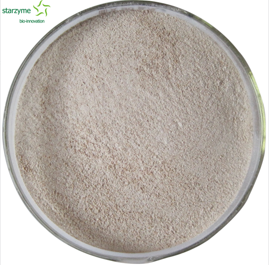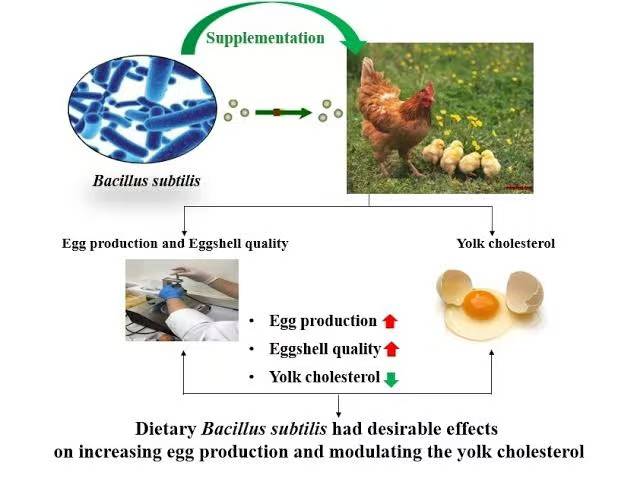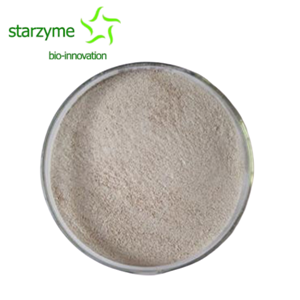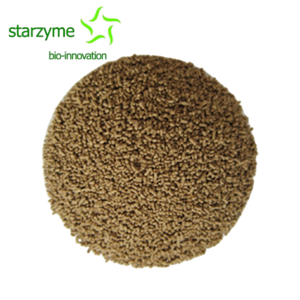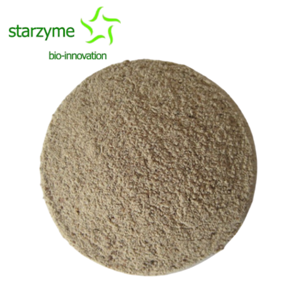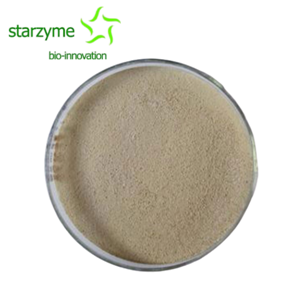Bacillus subtilis on Intestinal Health of Poultry
The role of Bacillus subtilis in poultry intestines mainly includes the following aspects:
Promoting digestion and absorption: Bacillus subtilis can synthesize various enzymes and B vitamins in animal bodies, thereby improving the digestion, absorption, and utilization efficiency of feed.
Inhibition of pathogenic bacteria: The antibacterial active substances produced by Bacillus subtilis, such as Bacillus subtilis, polymyxin, etc., have a significant inhibitory effect on pathogenic bacteria or endogenous pathogenic bacteria in animals.
Boosting immunity: Bacillus subtilis can stimulate the growth and development of animal immune organs, increase immunoglobulin and antibody levels, thereby enhancing the body's immunity.
Regulating intestinal balance: Bacillus subtilis can establish advantageous beneficial bacterial communities in the intestine, adjust the microecological balance in the digestive tract, and help maintain intestinal health.
Improving the feed environment: reducing fecal odor and harmful gas emissions, thereby improving the feed environment.
Biological characteristics of Bacillus subtilis: Bacillus subtilis is a Gram positive bacterium that can form endogenous stress resistant spores, with individual cell sizes ranging from 0.7 to 0.8 micrometers and lengths of 2 to 3 micrometers. It is widely distributed in soil and decaying organic matter, and is named after its ability to reproduce in dried grass extract.

